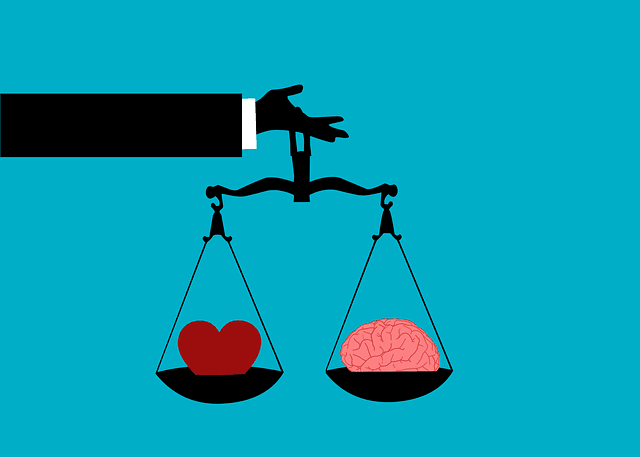Disorganization Is Draining Your Resources
By Ann Elliott
Disorganization is zapping your creativity and draining your resources. What currency are you using to pay for disorganization?
Time, money, productivity, and stress are commonly how you pay for disorganization. The website for National Association of Professional Organizers says that according to the Wall Street Journal “The average US executive wastes six weeks per year [or one hour a day] searching for missing information in messy desks and files.”
Even hurricanes have to be organized to have an impact. Being disorganized is costly. Do these examples look familiar?
***Late fees and finance charges are new revenue streams for credit card companies. (Are they zapping your revenues?)
***Duplicate purchases add to your clutter and tie up your resources. (How many computer cables and extension cords do you really need?)
***Poor use of available space decreases your efficiency and creates a safety hazard. (Are you paying additional monthly rent for more space to store your “stuff” off site?)
***Expedited shipping and overnight RUSH delivery are expensive ways to deal with procrastination, poor planning, disorganization and forgetfulness. (Do you use them routinely?)
***Multiple shopping trips have multiple costs. (Are you paying at the pump as well as the extra time you spend when one trip would have been enough?)
How many times have you been frustrated because you couldn’t find a file, magazine, key, book or receipt that you knew was there somewhere? How many people did you disrupt helping you solve your problem? Your clients and customers also are affected negatively by your disorganization.
Disorganization is curable. Make a few small changes to redirect your trajectory. You will be surprised what a difference it makes over time. Save money, time, frustration and productivity for you and those around you.
Use These Guidelines to Improve Your Skills at Organizing:
1. Define the activities or functions that take place in a given space. More than two or three activities in any given space make it confusing.
2. Identify the tools you require to accomplish these activities. For example, a telephone, computer, client files, and paper supplies are typical tools in your office.
3. Put like things together. All the office supplies go in one cabinet or storage closet. Put instructions near the machine they apply to. Your manual for ACT, contact manager software, is within reach of your computer. The telephone directory is near the telephone. You will be amazed how this simple guideline increases your efficiency.
4. Have a place for everything and everything in its place. Utilize bins, containers, files to keep things together. Label the containers. The few minutes to make a label will save you time and frustration. Labels are more reliable than your memory.
5. Use a consistent, logical system for labeling files to make them easy to retrieve. What’s the value of having information in a file you cannot find? Start with a big category such as “marketing” and move to specifics. Example, Marketing: Website–Products Page 1Q2008.
6. Start a task or project with a clean desk and work on one thing at a time. Studies show multitasking is inefficient. Switching tasks and the mental energy to refocus wastes time.
7. Leave your desk and office clean and organized at the end of each day. This is a visible sign that you are finished for the day. [Stuffing things in drawers and closets so you don’t see them does not count as being organized.] You have a good space to walk into the next day.
8. Be ruthless in tossing out clutter. Make a daily or weekly habit to clean out files, cabinets, emails, closets. Consistently and step by step keep clutter from overtaking you.
9. Have systems for daily, weekly, monthly, quarterly and yearly tasks. Do you have systems or checklists that assure you manage accounts payable and accounts receivable effectively? One of my clients improved their accounts receivable with a system and generated $21,000 in positive cash flow in one month and decreased the aging report.
Organization is a great servant. It makes a lousy master. Taking the time and effort to be organized is not a substitute for action. You won’t generate revenues, build a team or serve your customers because the corners of your magazines are square with your clean desk. Hire or ask for help in getting organized. Be willing to do your part in sustaining it. You can learn the skill of organizing.
The solution is simple. Choose, commit and act. Choose a new habit. Commit to implementing it. Act in a new way and see your results follow.
What’s your biggest problem with disorganization? Where have you been draining your resources? Send me examples of what your disorganization has cost you and what you did to change your trajectory. How did you save time, money, frustration and productivity? I’ll collect your “before and after” tips and publish them in future articles.
Share this resource




